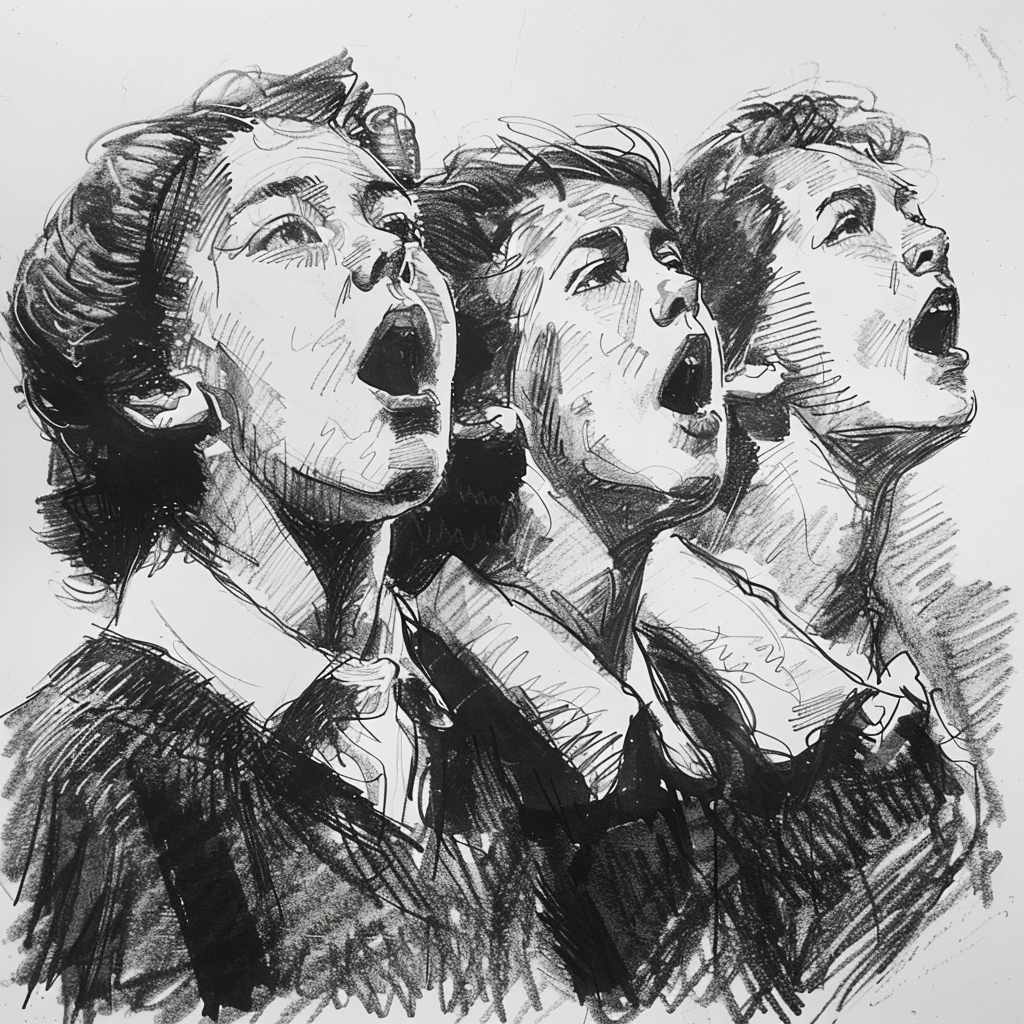In the fifth year after the war, living conditions had improved somewhat. In the cities, too, no one had to starve anymore, but food rations on stamps were still very modest.
This post has been moved. Please follow us on Medium to read and/or listen (!) to it in full.
The Bright Side of the Doom, a Prequel to 1984, The 18-Year-Old Who Wrote a Note and Disappeared is now available worldwide in bookstores as a hardcover, paperback, and e-book‼️
